Businesses looking to effectively manage their waste, save money, and be more environmentally friendly should perform a waste management audit. By assessing current waste production and processes, businesses can identify areas for improvement, guiding future waste management decisions.
What is A Waste Management Audit?
Waste management audits identify the waste streams produced by businesses. Generally, the audit outlines what types and quantities of waste are produced within a specific timeframe, usually a week, and summarises how much is recycled vs sent to landfill. Additionally, the audit reviews current waste performance and highlights areas for improvements with suggestions.
The objective of waste management audits is to improve current methods with the goal of gaining further value from waste materials, achieving maximum recycling levels, and achieving corporate recycling targets.
Waste management audits may be used for any waste type, i.e., office, commercial, manufacturing, industrial, municipal waste and more.
The audit may be an informal affair for smaller businesses, such as a small office. For larger businesses with substantial waste output, however, waste management audits are critical to effective waste management and may be full written reports with health & safety inclusions too.
Waste management providers, such as Great Western Recycling, help businesses better manage their waste and save money, starting with waste management audits. As experts in the waste and recycling industry, Great Western Recycling are well positioned to facilitate the improvement of business waste processes using proven solutions and advice tailored to individual clients.
See more: Importance of Waste Management – Why is Waste Management Important for Business in the UK
What Does A Waste Management Audit Include?
A waste management audit is likely to vary from business to business, however the main features will remain the same. Important aspects reviewed in a waste management audit include:
- Management policy
- Waste types and quantities
- Waste categorisation
- Waste segregation
- Access to advice and regulations
- Risk assessments
- Waste storage
- Environmental legislation
- Disposal routes
- Review and improvement
How to Complete A Waste Management Audit
Although advisable to be performed by waste experts, businesses can undertake their own waste management audit. To audit your own waste or understand the process professionals follow, here is a breakdown of a waste management audit for a small business.
Review facilities
How many bins are on site? What type of bins are available, and do they aid waste segregation (general waste, dry mixed recycling, etc.)? Are the bins conveniently placed?
Analyse waste
Using appropriate personal protective equipment, analyse after a certain time period has elapsed (a week usually). Separate the waste into types, such as paper, cardboard, plastic bottles, other plastic, cans, food waste and more. Weigh the different waste types and calculate what proportion of waste could be recycled, and how much will go to landfill.
Find waste sources
After analysing the waste, work out where it came from. For example, is it food packaging, kitchen waste, production waste, employee waste?
Examine processes
Could the business processes change to alter the wate that is created? Examples include making processes digital to cut down on printing and paper waste.
Review current waste management
How often is waste collected? Is it separated? Does it get recycled or end up in landfill? Evaluate costs too.
Results
Begin exploring new processes to drive down costs and increase recycling. New workplace policies to adopt include encouraging employees to sort their own waste, having separate food waste collections and working with a new waste management provider.
Implement
Implement new procedures, recommended as part of waste management audit. Work with a registered waste management provider to align recycling values for effective management including equipment hire and tailored collection schedules.
See our guide to commercial waste collection and disposal to find out more.
Importance of Waste Management Audits
Waste management audits are not only useful for effective waste management, but they are required too. Below are some of the main reasons why waste management audits are important.
Compliance
All waste producers have a responsibility to know and understand the waste they create under their Duty of Care. A waste management audit identifies all waste streams and helps businesses to manage it in line with legislation.
Increase recycling
By auditing the waste they create, businesses will become more aware of their environmental impact. Therefore, they are more likely to recycle and better manage waste if aware of it.
Cost savings
Recycling waste or finding alternative management can save businesses money, for example landfill costs are high so increased recycling leads to reduced tipping fees. Alternatively, cutting down on consumption to decrease waste creation, resulting in less money spent.
Improve environmental impact
By recycling more and sending less waste to landfill, businesses are helping the environment as well as their own corporate environmental ethos.
Get Started with Great Western Recycling
Great Western Recycling offer complete commercial waste management packages with one, fair monthly invoice. We help businesses maximise their recycling and achieve zero waste to landfill, utilising our extensive experience in the industry to tailor solutions to meet the requirements of individual businesses. From auditing your wate to providing long-term solutions, we meet all the waste and recycling needs for businesses in the South West and beyond.
Get in touch to discuss your waste management needs!
